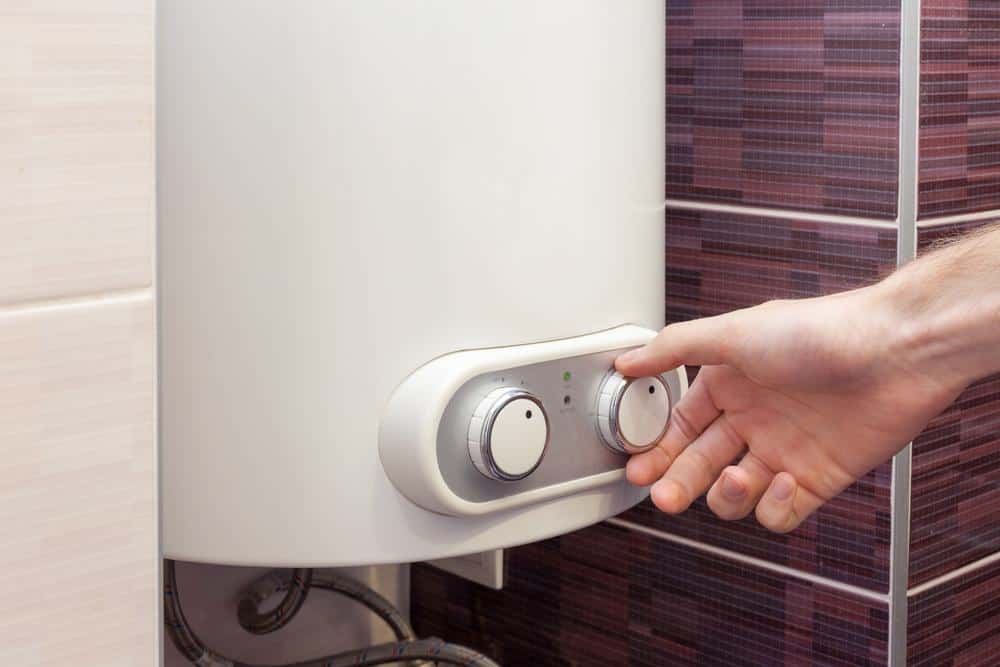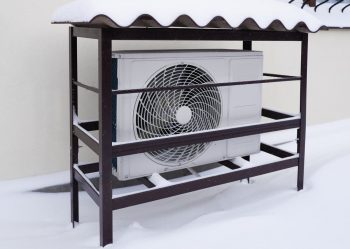
Whether you’ve just moved into a new home or have been living in your current one for years, encountering a burning smell from your water heater can be a disconcerting experience. This smell could indicate a minor issue, such as dust buildup, or a more serious problem, like a potential fire hazard. In this article, we’ll delve into the reasons why your water heater might smell like it’s burning and what actions you should take.
A burning smell from your water heater could be due to several reasons such as dust or debris burning on the heater, electrical problems or melting wiring, a corroded anode rod, or the presence of hydrogen sulfide gas. Some of these issues can be resolved with regular maintenance and cleaning, while others may require professional assistance. It’s important to address this smell promptly to prevent potential fire hazards or damage to your water heater.
Understanding How a Water Heater Works
Before we delve into the potential causes of a burning smell, let’s quickly understand how a water heater functions. A water heater operates by heating cold water that enters the tank through a dip tube. The water is heated either by a gas burner or electric heating elements located at the bottom of the tank. As the water warms, it rises to the top of the tank and is moved throughout the home through the heat-out pipe when a hot water faucet is opened.
Common Causes of a Burning Smell
Dust or Debris
One of the most common culprits behind a burning smell is dust or debris. Dust can accumulate on the heater, especially if it’s placed in a basement or utility closet. When the heater is turned on, the dust can burn, causing a distinct odor. Regular cleaning can help prevent this issue.
Electrical Problems or Melting Wiring
If your water heater is electric, the issue could be due to electrical problems. Loose wires, damaged components, or overheating can cause wire insulation to melt, producing a burning smell. This issue requires immediate attention and professional assistance.
Corroded Anode Rod
The anode rod in your water heater can corrode over time, leading to a burning smell. This rod is designed to attract corrosive elements, protecting your tank from rusting. However, if it’s not replaced when necessary, it may result in unpleasant odors.
Hydrogen Sulfide
If the burning smell has a distinct sulfur scent, it could be due to hydrogen sulfide. This gas is produced by bacteria that thrive in hot water environments and feed on the sulfates in the water, producing hydrogen sulfide as a waste product.
When to Call a Professional
While some issues can be resolved with a bit of DIY, others require professional assistance. If you notice any of the following, it’s time to call a plumber:
- Overheating: If the water heater is excessively hot or the temperature pressure relief valve has discharged water, it may be overheating.
- Electrical issues: If you suspect an electrical problem, don’t attempt to fix it yourself. Electrical issues can be dangerous if not handled correctly.
- Persistent smell: If the burning smell persists even after you’ve attempted to resolve the issue, it’s time to call a professional.
Preventive Measures
Regular maintenance is key to preventing issues with your water heater. Here are some tips:
- Regular cleaning: Dust off your water heater regularly to prevent dust buildup.
- Check the anode rod: Inspect the anode rod annually and replace it if necessary.
- Schedule professional maintenance: Have a professional inspect your water heater at least once a year.
By understanding the potential causes of a burning smell from your water heater and taking appropriate action, you can ensure the safety and longevity of your appliance. Remember, when in doubt, always call a professional.
Frequently Asked Questions
What does a water heater’s anode rod do?
The anode rod in a water heater is designed to attract corrosive elements in the water. This helps to protect the inside of your tank from rusting.
Are there any signs of a corroded anode rod besides a burning smell?
Yes, other signs of a corroded anode rod can include rusty water or reduced water quality. If you notice these signs, it’s likely time to replace your anode rod.
How often should I replace the anode rod?
The frequency of replacement can vary depending on the quality of your water and the type of anode rod, but a general guideline is to check the anode rod every year and replace it every 3-5 years.
How can I prevent the buildup of hydrogen sulfide in my water heater?
Regular maintenance and flushing of your water heater can help prevent the buildup of bacteria that produce hydrogen sulfide. If the problem persists, consider installing a water treatment system to remove sulfates from your water supply.
Can I use any cleaning product to dust off my water heater?
It’s best to use a dry or slightly damp cloth to dust off your water heater. Avoid using harsh chemicals or cleaning products as they can damage the appliance or create fumes when the heater is turned on.












